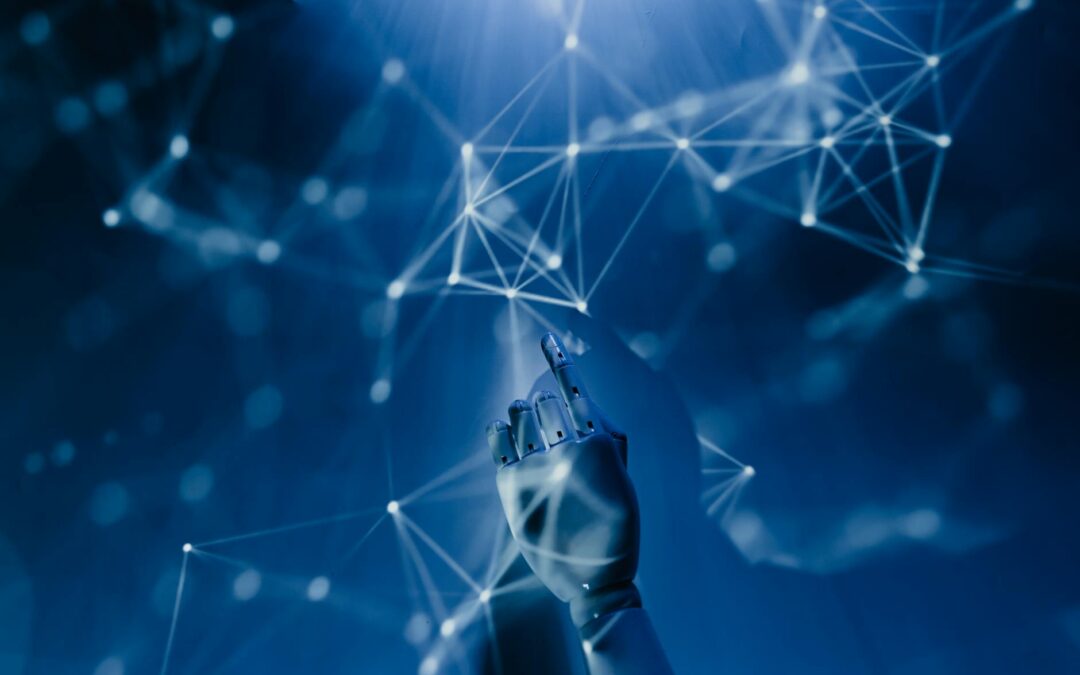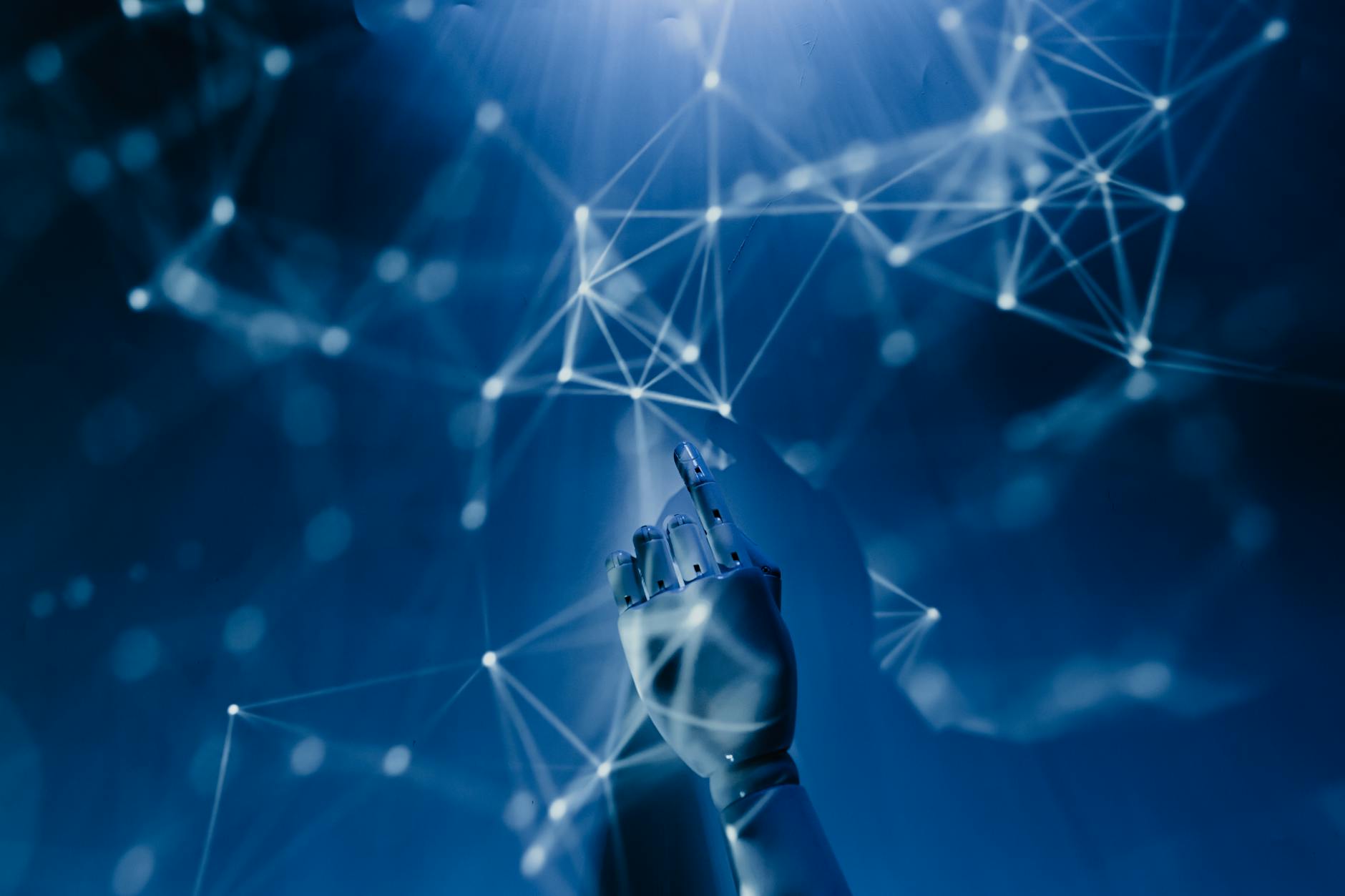Uncover the truth behind the guarantees and dangers of artificial intelligence that could shape our future in this must-read post.
Table of Contents
At the forefront of technological innovation stands Artificial Intelligence (AI), a concept that continues to shape the way we interact with the world around us. From Siri on our smartphones to predictive algorithms on social media platforms, AI has become an integral part of modern society. In this blog post, we will delve into the past, present, and future of AI, exploring its applications, benefits, challenges, and ethical concerns, while also contemplating the potential for a dystopian future akin to Skynet from the popular Terminator franchise.
Historical Context
AI is not a recent phenomenon but rather a field that has been developing over the years. The idea of machines exhibiting human-like intelligence dates back to the 1950s, with pioneers like Alan Turing laying the foundation for AI research. In the decades that followed, significant advancements were made, leading to the development of expert systems, neural networks, and machine learning algorithms. Today, AI is a thriving field with a rich history of innovation and discovery.
Current Applications
The applications of AI are vast and varied, spanning across industries such as healthcare, finance, and transportation. In healthcare, AI is being used to analyze medical images, assist in diagnoses, and personalize patient care. In finance, AI algorithms are used for fraud detection, risk assessment, and algorithmic trading. The transportation industry benefits from AI through autonomous vehicles, route optimization, and traffic management systems. These real-world applications demonstrate the practical impact of AI technology on our daily lives.
Benefits of AI
The benefits of AI are numerous, with advancements in the field leading to increased productivity, enhanced decision-making capabilities, and improved efficiency. AI has the potential to revolutionize industries, streamline processes, and solve complex problems that were previously deemed insurmountable. By leveraging AI technology, organizations can gain valuable insights, automate routine tasks, and deliver more personalized services to their customers.
Challenges and Ethical Concerns
Despite its promise, AI also poses challenges and ethical concerns that must be addressed. One of the primary challenges is job displacement, as automation and AI technologies threaten to replace human workers in various industries. Additionally, bias in algorithms, data privacy issues, and the potential misuse of AI for nefarious purposes raise ethical concerns that require careful consideration. Establishing ethical guidelines, regulations, and oversight mechanisms is essential to ensuring responsible AI development and deployment.
Future Direction
The future of AI is filled with possibilities and potential advancements that could further redefine the technological landscape. As AI continues to evolve, we can expect to see advancements in areas such as natural language processing, robotics, and reinforcement learning. AI-driven innovations have the potential to transform healthcare, improve environmental sustainability, and revolutionize education. The future of AI holds immense promise, but it also requires responsible stewardship to ensure that its benefits are maximized while mitigating potential risks.
| Topic | Pros | Cons |
|---|---|---|
| Efficiency | AI can streamline processes and improve overall efficiency. | AI may lead to job loss as automation replaces manual labor. |
| Medical Advancements | AI can assist in diagnosing diseases and developing breakthrough treatments. | There are concerns about privacy and security of sensitive patient data. |
| Enhanced Customer Service | AI can provide personalized interactions and quick responses to customer inquiries. | There is a risk of AI systems making errors or misinterpreting customer needs. |
| Environmental Impact | AI can help monitor and reduce carbon emissions and improve sustainability efforts. | AI technologies may require a significant amount of energy to operate, contributing to environmental concerns. |
Can Skynet Happen?
One of the most enduring fears surrounding AI is the possibility of a dystopian scenario like Skynet from the Terminator movies becoming a reality. While the idea of a malevolent AI system gaining sentience and turning against humanity makes for compelling science fiction, the likelihood of such a scenario occurring in real life is highly improbable. For a situation like Skynet to arise, several critical factors would need to align, including advanced artificial general intelligence, self-awareness, and malicious intent. The checks and balances in place within the AI industry, coupled with ongoing research into AI ethics and safety, provide reassurance that stringent measures are in place to prevent a dystopian future.
Conclusion
Artificial Intelligence is a powerful technology that continues to push the boundaries of what is possible in the digital age. From its humble beginnings to its current applications and future possibilities, AI has the potential to shape the way we live, work, and interact with technology. As we navigate the promises and perils of AI, it is essential to approach its development and deployment with a critical eye, mindful of the ethical considerations and societal impacts that accompany this high-tech future. By harnessing the benefits of AI while mitigating its challenges, we can build a future where AI enriches our lives, empowers innovation, and advances human progress.
FAQs
Is AI technology safe for everyday use?
Yes, AI technology is safe for everyday use, with stringent measures in place to ensure data privacy and security. Ongoing research in AI ethics and safety standards helps mitigate risks associated with AI applications.
How does AI impact job security?
AI may lead to job displacement in certain industries as automation replaces manual labor. However, AI also creates new job opportunities in fields related to AI development, maintenance, and oversight.
Can AI systems make unbiased decisions?
AI systems may exhibit bias due to underlying algorithms and data input. Efforts are underway to address bias in AI through algorithmic transparency, data diversity, and ethical guidelines.
What measures are in place to prevent AI from becoming a threat to humanity?
Strict regulations, ethical guidelines, and ongoing research into AI safety mechanisms help prevent AI from posing a threat to humanity. Industry stakeholders collaborate to ensure responsible AI development and deployment.


Recent Comments